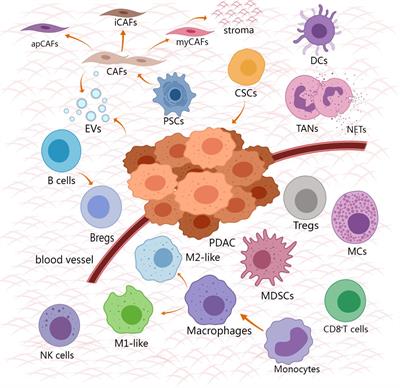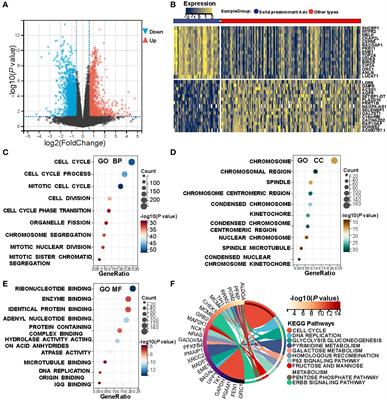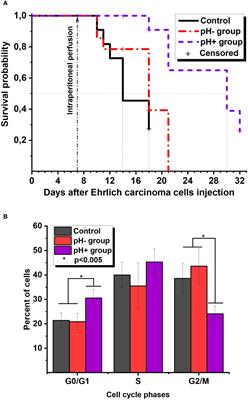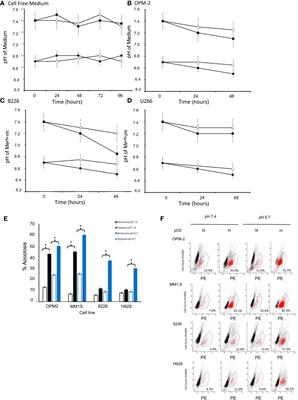EDITORIAL
Published on 14 Jan 2025
Editorial: The impact of alkalizing the acidic tumor microenvironment to improve efficacy of cancer treatment, volume II
doi 10.3389/fonc.2024.1542787
- 298 views
2,663
Total downloads
9,363
Total views and downloads
EDITORIAL
Published on 14 Jan 2025
ORIGINAL RESEARCH
Published on 20 Sep 2024
REVIEW
Published on 25 Mar 2024

ORIGINAL RESEARCH
Published on 05 Mar 2024

PERSPECTIVE
Published on 08 Feb 2024

ORIGINAL RESEARCH
Published on 03 Nov 2023
